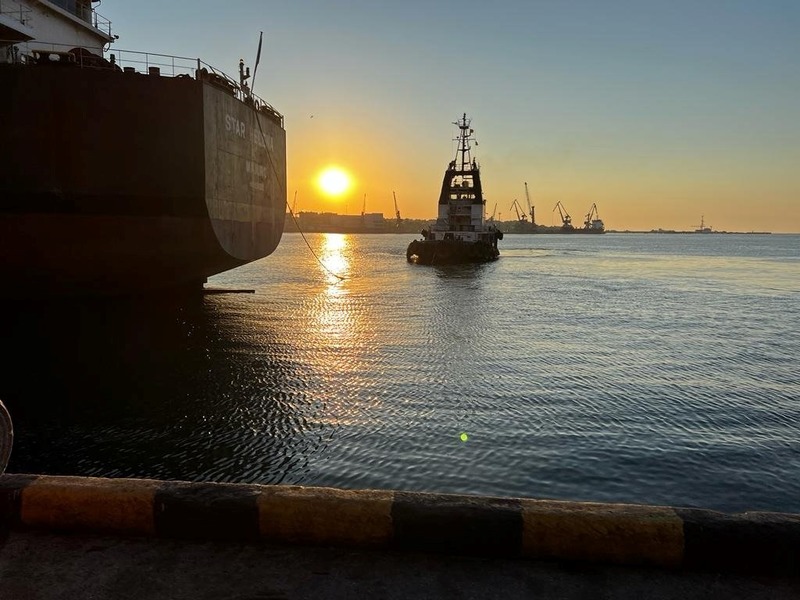On September 15th, the moratorium imposed by the European Commission on the export of Ukrainian grain came to an end. Going forward, one of two things will happen – either it will be extended or definitively lifted.
History of the Issue
The moratorium on the free trade of grains and certain other crops has been in effect since May 2, 2023 (it was first extended on June 5). This decision had an economic basis and was made at the insistence of five countries – Poland, Bulgaria, Hungary, Romania, and Slovakia. Traditional European suppliers of agricultural products were trying to protect their local producers from dumping. Agricultural producers complained that Ukrainian grain was flooding their countries, where it was not exported any further, resulting in a drop in grain purchase prices.
This situation did not arise out of thin air. It was preceded by Russia’s full-scale invasion of Ukraine and the subsequent blockade of Ukraine’s maritime routes. Ukraine was forced to seek alternatives to traditional methods of selling agricultural products, one of which became overland trade with EU countries.
Search for a Solution
Kyiv has taken an active stance on this issue, putting effort into overcoming the Russian blockade, which makes the traditional export of Ukrainian grain impossible, while also considering the economic interests of the EU. Among the measures taken were the construction of a new, more secure maritime route, an increase in the capacity of the Danube navigation, the coordination of the creation of new grain storage facilities, and changes in the protocol for sanitary and phytosanitary control, among others.
Ukraine’s Expectations
Undoubtedly, Ukraine expects the moratorium on grain exports to be lifted. There are specific reasons for this. For instance, on September 13, the Committee on Economic Policy and Innovations of the Bulgarian Parliament adopted a draft resolution to lift preventive measures on the export of agricultural products from Ukraine. The final decision on this issue remains with the parliament.
What Lies Ahead for Maritime Trade?
In early September, foreign press reported that the UN Secretary-General was allegedly in talks with Russia to lift some sanctions in exchange for the resumption of grain trade. Ukraine’s response to such reports was immediate, clear, and unequivocal: maritime navigation must be restored, but not at the cost of rehabilitating Russia or anything that would compromise Ukraine’s sovereignty and territorial integrity.

